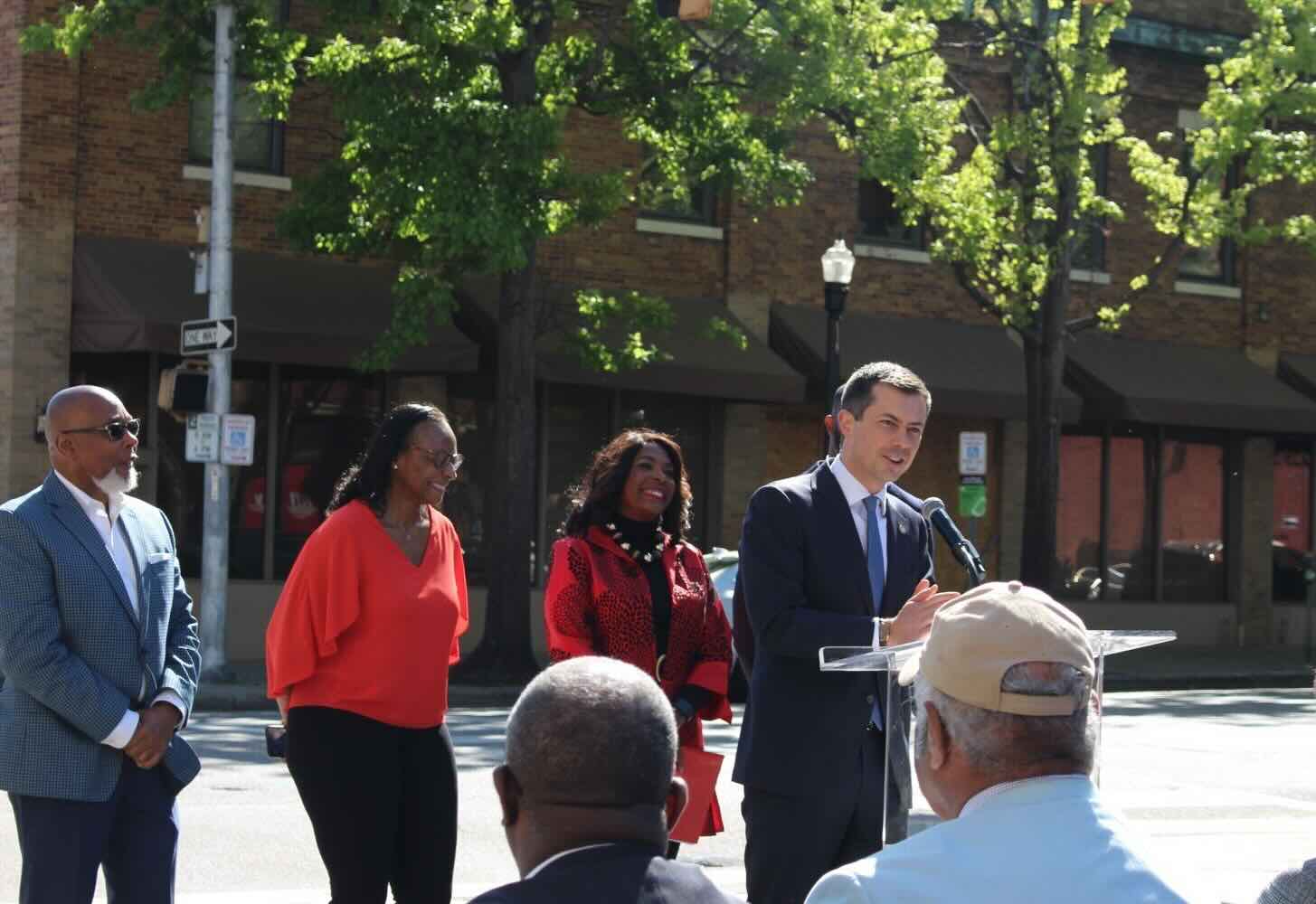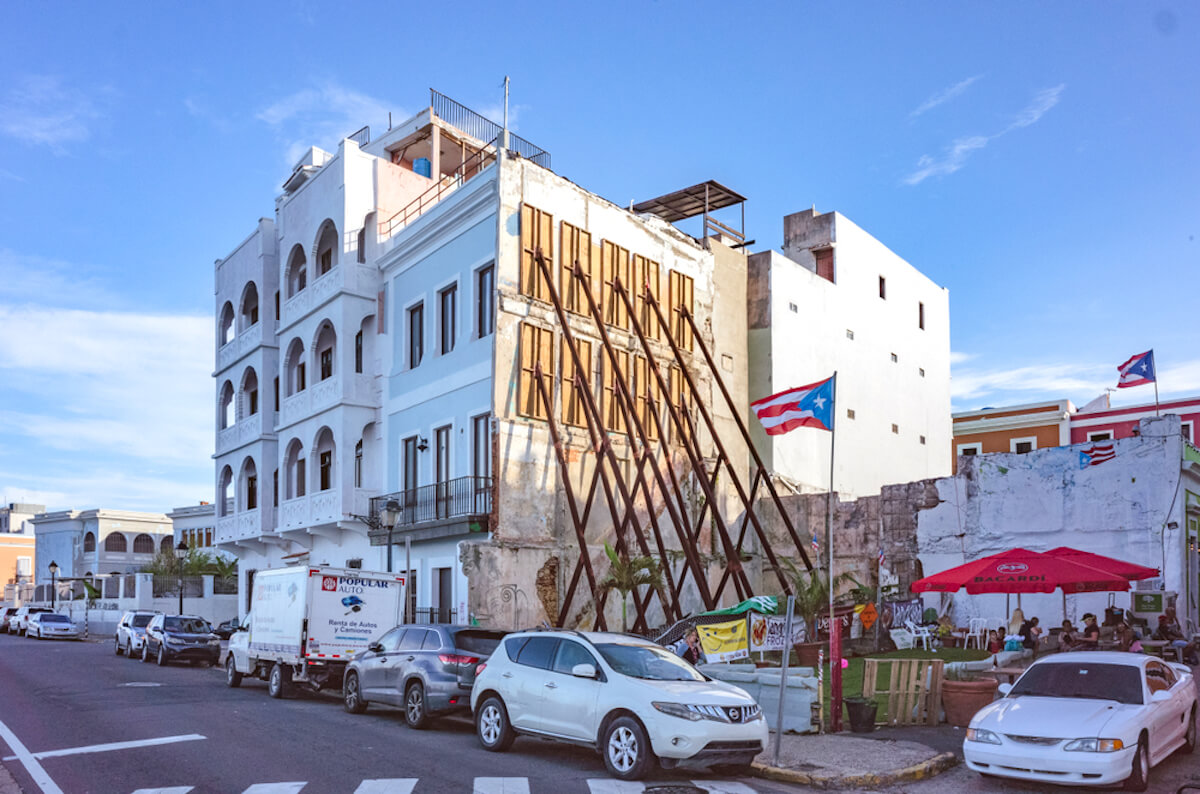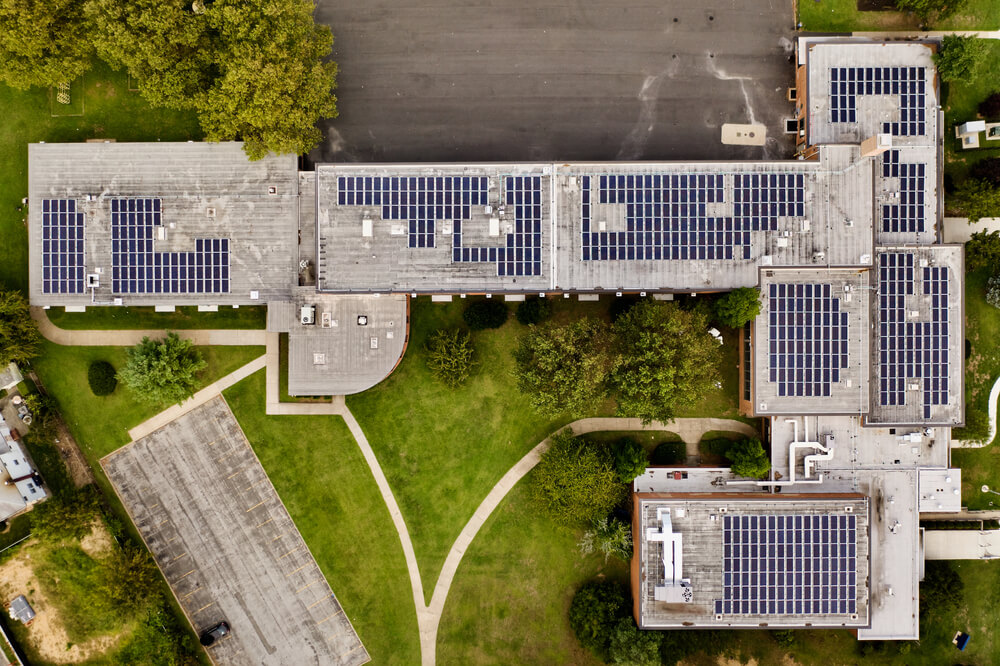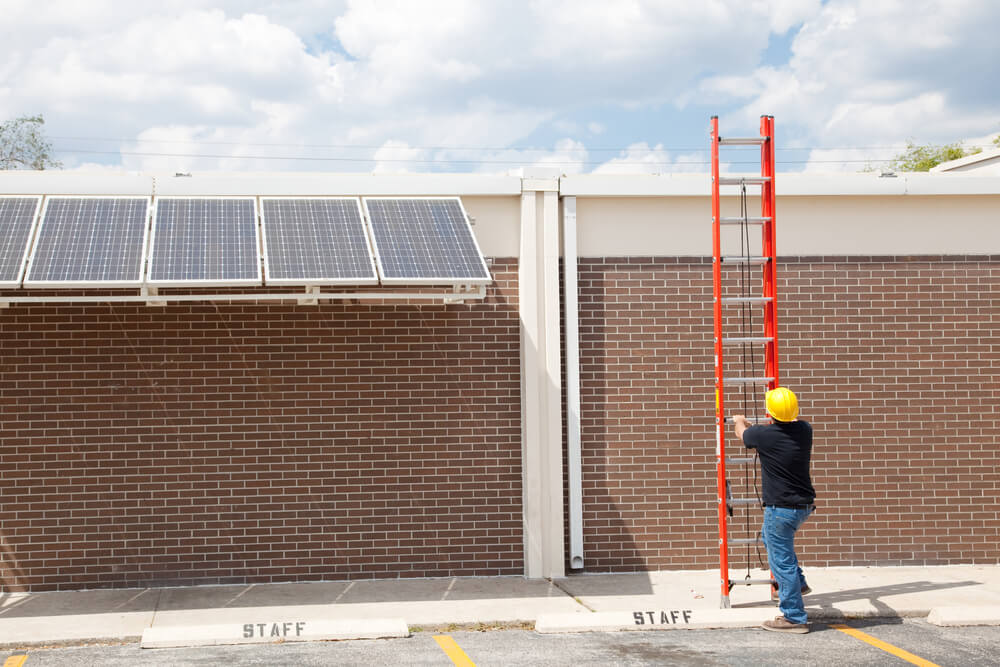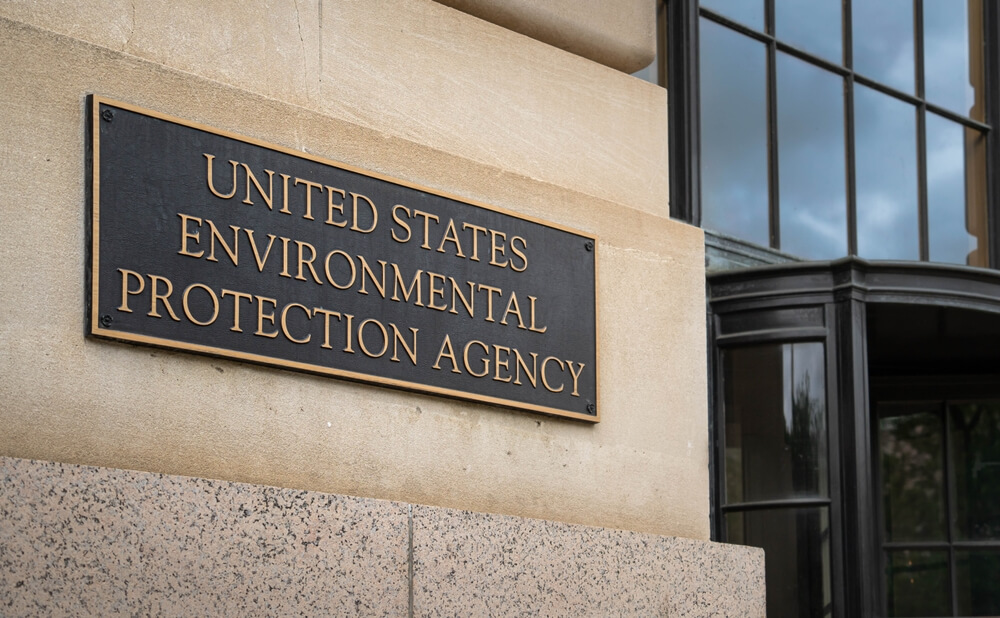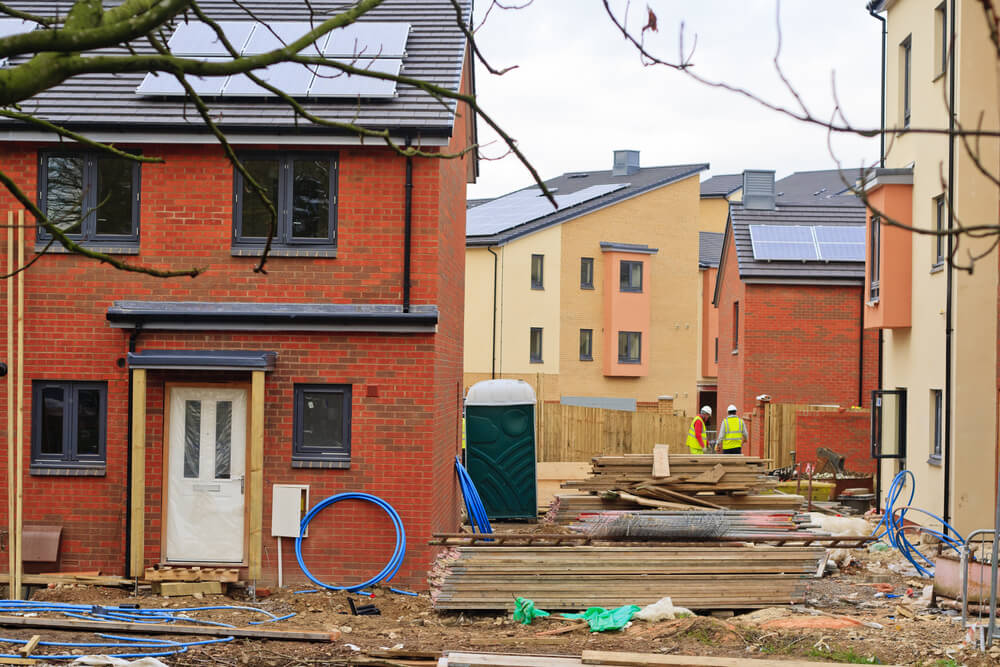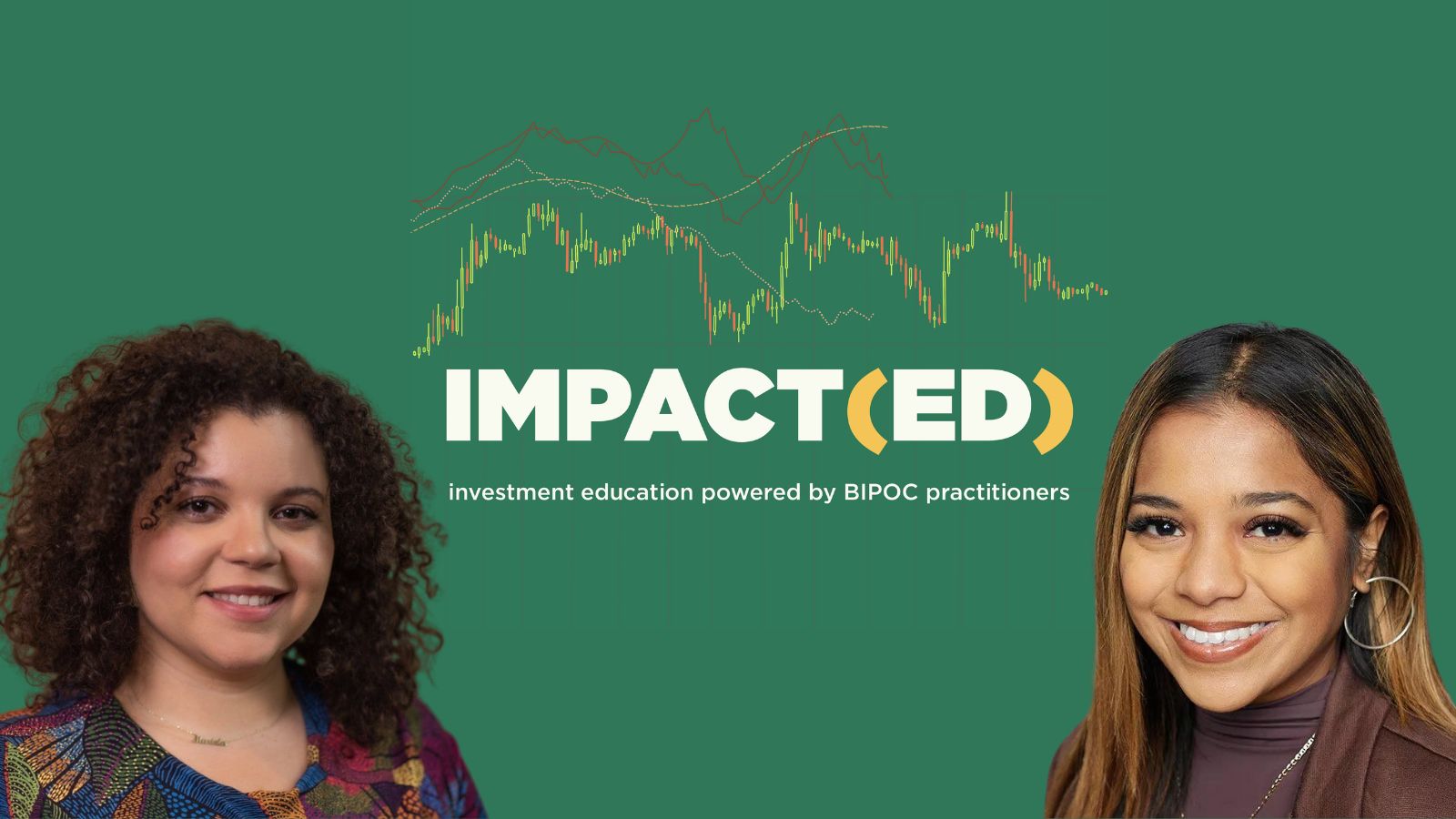ImpactAlpha, January 24 — After 100 days at the Local Initiatives Support Corporation, Michael Pugh is getting down to business. At the top of his agenda: increasing the supply of affordable housing in underserved communities, financing undercapitalized businesses and ensuring LISC’s investments foster inclusion and climate resilience.
As the largest community development financial institution in the country, “We remain connected to a strong balance of public and private sector partners to help galvanize resources to take on these challenges,” Pugh told ImpactAlpha.
The 52-year-old CEO brings 30 years of banking experience to LISC. Before joining LISC, Pugh headed Carver Bancorp, the holding company for the Carver Federal Savings Bank, the largest African American and Caribbean American-managed banks in the US, with roughly $700 million in assets. A group of community leaders launched the federally-chartered savings bank in Harlem in 1948 to provide access to mainstream financial services for African-Americans and Caribbean-Americans neighborhoods that were historically excluded.
Pugh calls his tenure at Carver “the highlight of my career.” He led efforts to expand the institutions’ assets and investors, and launched digital financial products and services geared towards underbanked households and small businesses, particularly those that are owned by minorities and women.
With LISC, Pugh leads an organization that has invested nearly $30 billion in its 45-year of operations to support the creation of affordable housing, education, jobs and health services, and other community-based solutions for low-income and underserved neighborhoods in all 50 US states, as well as the District of Columbia and Puerto Rico.
Among LISC’s many forward-looking initiatives is Project 10X, which has raised close to $900 million since 2020 to address racial gaps in health, wealth and opportunity in the US over a decade (see, “LISC looks to 10x investment in closing racial wealth gaps”).
The initiative, which has a $1 billion target, includes the Black Economic Development Fund, a $250 million fund that invests in banks, businesses and anchor institutions supporting economic growth in Black communities. LISC’s $100 million Entrepreneurs of Color Loan Fund buys loans off the books of community lenders to free up their capital for more lending to minority entrepreneurs.
LISC is one of the many CDFIs competing for the mandate to manage a portion of the $14 billion National Clean Investment Fund, part of the national “green bank” created under the Inflation Reduction Act. The nonprofit last year formed a new entity called Power Forward Communities, alongside partners Rewiring America, Enterprise Community Partners, United Way and Habitat for Humanity, to manage the fund.
ImpactAlpha: What is your outlook for community development finance in 2024?
Pugh: At LISC, we remain focused on a few key areas. One is affordable housing. We all know and fully understand the housing shortage that exists in our country and the housing insecurity, frankly, that exists. And so our work in that space – collaborating in the public and private sector, working with HUD agencies, financial institutions across the country – we believe we can continue to do work there.
Small business is a second area of focus. It remains a very important part of what we do. We understand that small businesses are an economic engine for this country. In 2022, LISC invested $30 million in small businesses, and over the past three years, I think we’ve invested somewhere around $265 million.
But the more important thing there is the collaboration in the public and private sector to be able to help small businesses navigate through these tough economic times, especially women and minority small business owners who have historically been left out.
Climate resiliency is an important area for us. We’ve applied as part of the Greenhouse Gas Reduction Fund for $9.5 billion in partnership with Enterprise, Habitat for Humanity, United Way. If awarded, we will be able to do some significant work across the country with housing, small businesses and other areas to support climate resiliency.
Last but certainly not least is economic development. If you build great homes, and you have no infrastructure to support them, then you have not dramatically changed the quality of life for everyday Americans. So there has to be infrastructure that include things like health care, education, health and food, and transportation.
We have more than 120 financial opportunity centers across the country that create partnerships and services that are focused on employment, financial health, income support and other critical things there.
We are a big organization, and we’ve got some great subject matter experts that are driving priorities in all of those areas.
ImpactAlpha: What is one of the biggest challenges you will be taking the lead on as LISC’s CEO?
Pugh: The affirmative action changes caused all of us in the community development space to be very careful that the work we’re doing is inclusionary. But we understand that there are groups of people that have been historically underserved, and in order for us as a nation to grow and improve and sustain, we do have to have some form of inclusion.
When you talk about inclusion, you can’t really do it without recognizing that there have been so many left behind in the past. So we have to do some work to help small businesses, working with larger partners on the Black Economic Development Fund. The fund is open to anyone, but it has been aimed in the past at really trying to support the challenges of Black enterprises and help close the racial wealth gap. To date, the fund has provided financing for real estate developers, high-impact community projects, and mission-driven lenders. Fifteen cities have been impacted by this fund.
We’ve been very intentional to think about inclusion for all, but in addition to inclusion for all, we’re saying we’ve got to do some work to help some of those that have been left behind because that’s a drag on the economy for everybody.
ImpactAlpha: Which community development finance area would you like to see LISC play a major role in this year?
Pugh: I would like to see LISC really take a leap role in climate resiliency. We’ve started the work — and you heard me talk about our partnership. We’ve formed a structure and the capacity building is underway to be able to get to a fast start with this program, should we be awarded what we’ve aimed for. Climate resiliency will be one of the most important things. We have to play a role as community development financial institutions play a role in healing our planet.
I think we are in a unique position that we can work with the public and private sectors to support small businesses with access to capital by now leveraging AI.
There are more than 40 million people in this country, many of them in the communities we serve, who don’t have a traditional credit score. We know that without that score, entrepreneurs can’t get loans and grow their enterprises. But AI is a potential source of credit solutions and alternative scoring that could open doors and tap the incredible economic engine of small businesses.
We’ll be looking for partners to help us leverage existing technology or build new tools to do this. And I hope we’ll become a leader in the CDFI space for using this technology to move fast, efficiently, and soundly with small business lending.
ImpactAlpha: What kind of climate resilience solutions are you targeting?
Pugh: The climate crisis is already shaping how we promote economic development, like supporting entrepreneurs to be energy smart and investing further in green jobs training.
We’re looking at affordable housing built with green energy, thinking about the intersection between low-income housing tax credits and the opportunity to really address affordable housing built with green in mind. When we look at capital improvements to buildings that have been around for a while, if there are ways to make them more energy efficient, that improves the quality of life for all the residents.
If you’ve ever lived in a building that’s drafty and you had to turn up the heat really high just to get a decent temperature, but you knew that a lot of the energy was escaping through your windows. So that kind of stuff I think continues to be very much taxing on the planet and we have an opportunity to play a role there.
Solar energy is another critical component. There is so much work to be done [to build] a healthier planet and better quality of life for everyone.




